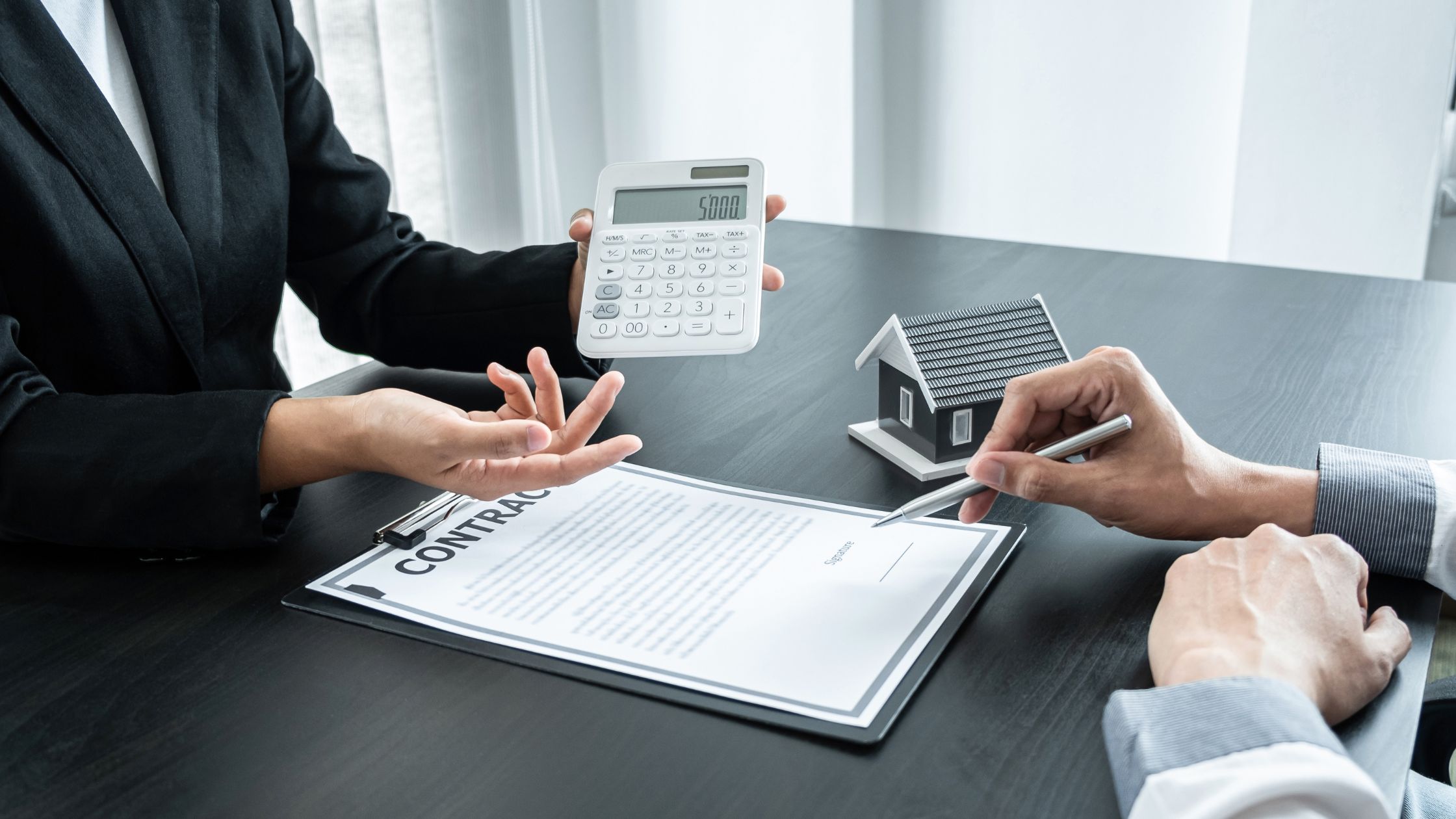Aggressive marketing and the role social media plays in promoting products are continuously changing and expanding throughout the world. These days, a new product in Europe, for instance, gets known in this part of world very quickly compared to several decades ago. With this recognition comes the demand for a particular product, which gives rise to the proliferation of infringing or counterfeit products in the market.
Thailand has often been in the spotlight over the years for many infringing or counterfeit products. The authorities in Thailand are currently doing a lot to raise awareness of the situation with regular seminars and events for consumers being held. Thailand takes this issue very seriously and has always taken a proactive role in what it can do to enforce trademark rights at the Customs/point of entry level.
One of the best ways to stop counterfeit products from entering into the market is at the borders before entry into Thailand’s territory. This has been effectively done with the instigation of the IP Rights Recordation System, which is governed by Trademark law, Import and Export law and related regulations; in order for (IP) right holders to record their IP rights with Customs for border protection. This recording however is only limited to the recording of IP rights for trademarks.
 For the purposes of filing an application for the recordation of trademark rights, the actual infringing of goods/counterfeits is not required to entitle an IP right holder to apply for the recordation. This makes it convenient to any trademark owners to apply for recording their trademark. In such case, the recording of their rights is in place, even before a potential threat to their IP right has occurred.
For the purposes of filing an application for the recordation of trademark rights, the actual infringing of goods/counterfeits is not required to entitle an IP right holder to apply for the recordation. This makes it convenient to any trademark owners to apply for recording their trademark. In such case, the recording of their rights is in place, even before a potential threat to their IP right has occurred.
For the purposes of recordation, the application would have to be filed with the IP Right Suppression Department of the Department of Intellectual property (DIP), who will then notify the Customs of the recordal. The documents required for recordation at Customs are fairly straight forward, which include an application for recordation of trademark rights; a copy of the certificate of trademark registration; a Power of Attorney and more importantly, some explanatory documents and/or information that may be useful to distinguish counterfeit and genuine goods (such as catalogues, photographs, samples, etc.), together with an Affidavit.
Once recorded with Customs, this will effect a nationwide Customs recordation and will stay in effect as long as the trademark registration is active. This will give the IP right holder the assurance that any allegedly infringing product can be stopped at ANY border entry.
The recording will give Customs the authority to suspend or detain not only the importation or exportation of infringing goods, but also goods that are in transit. Since the recording of IP rights offers a nationwide protection, enforcements can be initiated by the right holder’s request or by the authority (ex officio).
The burden of proof of protection in on the trademark right holder; hence, without Customs recordation, Customs will not take the initiative to notify a trademark right holder of suspicious shipments.
In the normal cause of action, a trademark right holder will only have 24 hours to submit a statement/affidavit upon being notified by Custom. Considering it is sometimes difficult to verify the counterfeit goods, Customs is often quite flexible with this very tight deadline. As long as the trademark right holder shows an intention to take an action the Customs is often very cooperative.
Unlike in other jurisdictions, posting a bond/depositing security money or even filing a lawsuit is not applicable in Thailand for further detainment, regardless of whether the trademark infringement is blatantly obvious or not.
On 2 August 2017, Aranyaprathet Customs House issued a statement announcing the destruction ceremony of properties in dispute totalling Baht 20 million in damages. This clearly shows Customs takes their role very seriously.
It is encouraging to observe that in the year 2016 there were 221 trademark recordations with Customs and, more interestingly, the number of cases for enforcement for the same year was approximately 900 cases. Clearly the IP Rights Recordation System is being widely used to ensure that IP right owners are adequately protected.
From a similar perspective, it should be observed that the parallel importing of genuine or authentic goods is not prohibited under the current law in Thailand, as Thailand recognises the concept of exhaustion of rights. The Supreme Court decided in the Supreme Court’s judgement No. 2817/2543 that: when the trademark owner sells its goods for the first time, it had already benefited from revenues received from such sale and use of the trademark. The trademark owner has no right to subsequently prevent the buyer from reselling/redistributing the said goods.
The minimisation, or even the total stoppage, of the circulation of infringing goods or counterfeits is becoming very challenging, especially since the technology used to produce these products is very high. Hence, it is sometimes difficult to even detect that they are infringing goods or counterfeits. However, Thailand has been very active in trying to eradicate the circulation of such products and the implementation of the IP Rights Recordation System with Customs is proving to be an effective way to do this.
This article is not to be treated as a legal opinion but rather only as a guide on Trademark Enforcement and Protection Systems under Thai Law.
This article is prepared by Ms. Pavinee Bunyamissara & Mr. Rajen Ramiah.










 Chavalit Uttasart
Chavalit Uttasart







